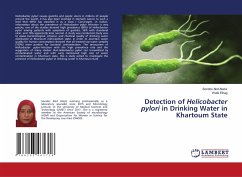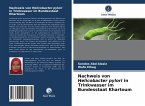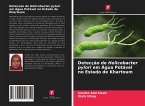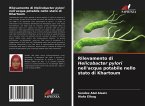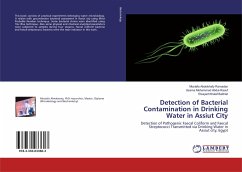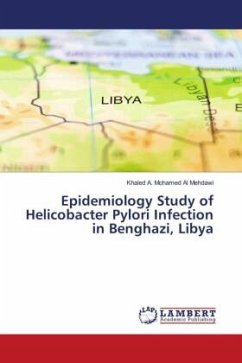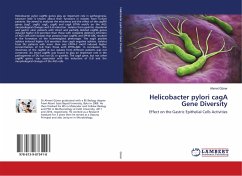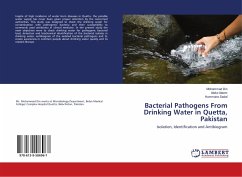Helicobacter pylori causes gastritis and peptic ulcers in millions of people around the world, it has also been involved in stomach cancer to such a level that WHO has classified it as a Class I Carcinogen. In Sudan, information about the prevalence of Helicobacter pylori infection is very patchy, one of the studies showed high prevalence (80%) of Helicobacter pylori among patients with symptoms of gastritis, 56% with duodenal ulcer, and 16% apparently look normal. A study was conducted study was to assess bacteriological, physical, and chemical quality of drinking water distributed at Khartoum metropolitan state, in order to ascertain water quality for human consumption showed that all treated tap water samples (100%) were positive for bacterial contamination. The seriousness of Helicobacter pylori infection with the high prevalence rate and the suggestion of many studies that Helicobacter pylori can transmitted by contaminated water and with early mentioned high rate of water contamination in Khartoum state, this is study aimed to investigate the presence of Helicobacter pylori in drinking water in Khartoum state.

